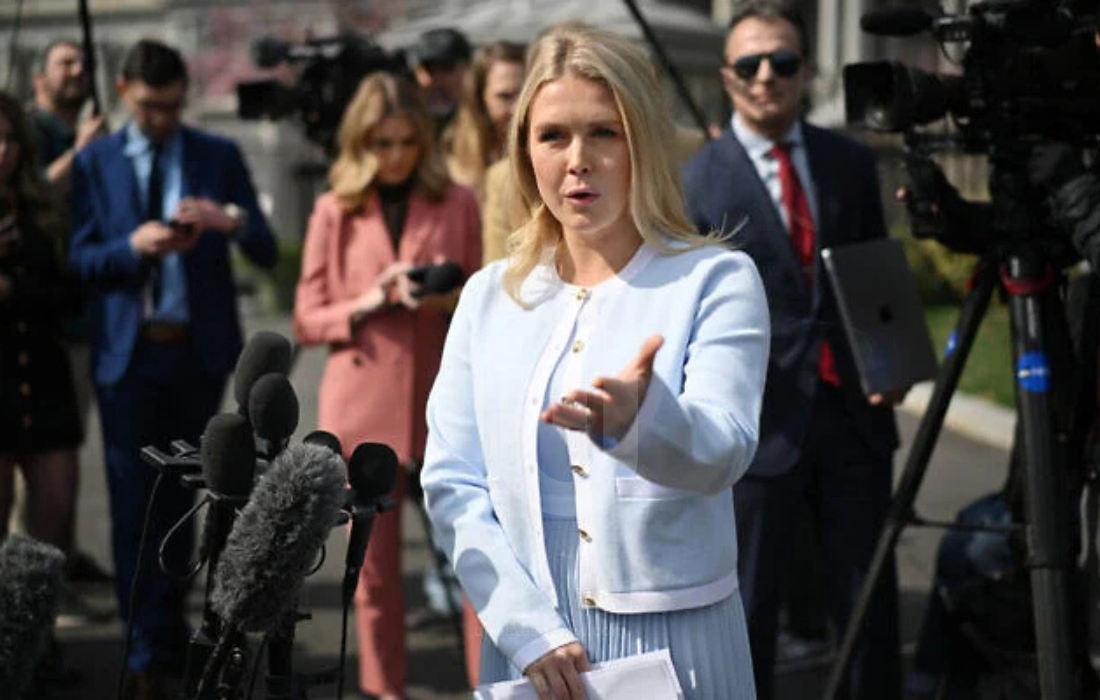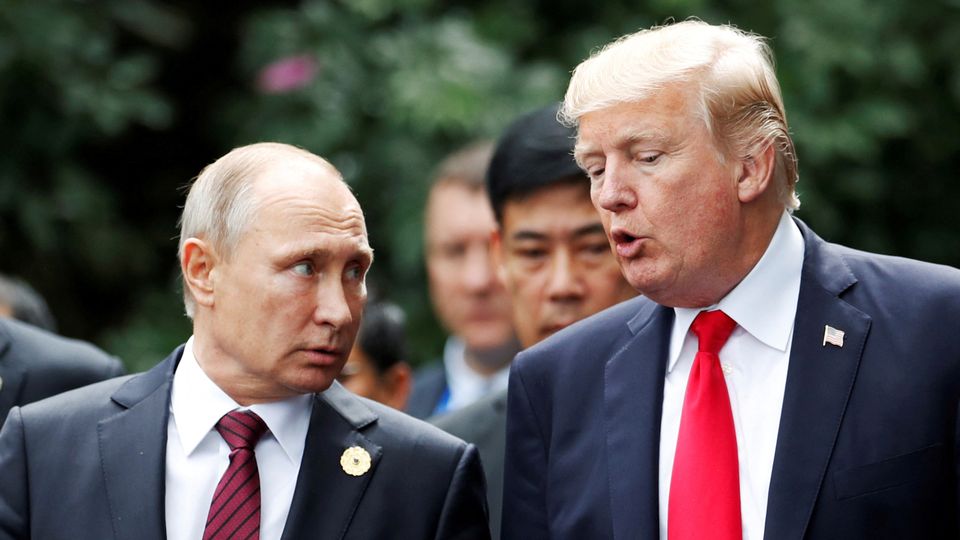The White House has reaffirmed former US President Donald Trump’s unwavering support for Israel’s renewed military operations in Gaza. White House Press Secretary Karoline Leavitt stated that Trump “fully supports” the Israel Defense Forces (IDF) in their latest strikes, emphasizing that the decision aligns with the administration’s firm stance against Hamas. When questioned about US efforts to reinstate the ceasefire, Leavitt insisted that Hamas’s refusal to release hostages had left the US with no choice but to back Israel’s aggressive military response.
Leavitt condemned Hamas for what she described as “playing games in the media with lives.” She referred to the group’s Friday announcement that it had agreed to release American-Israeli hostage Edan Alexander and four other dual nationals. However, the Trump administration dismissed the offer as insincere, citing Hamas’s history of reneging on deals. A senior Arab diplomat revealed that Hamas had discussed this potential hostage release with US envoy Adam Boehler earlier in the month but failed to provide a definitive answer, leading the administration to sever direct negotiations.
Following leaked reports of these secret meetings, the Trump administration reportedly lost confidence in Hamas’s intentions. By the time Hamas publicly declared its willingness to release the hostages, the US had moved on to a separate diplomatic strategy. US special envoy to the Middle East, Steve Witkoff, introduced an alternative “bridge proposal” designed to extend phase one of an earlier ceasefire deal. However, when Hamas responded with its own terms, the Trump administration deemed the proposal a “nonstarter.”
Leavitt reiterated that the responsibility for the current escalation falls squarely on Hamas. “This situation is completely the fault of Hamas when they launched that brutal attack on Israel on October 7,” she stated. “The president has made it very clear that he wants all of those hostages to come home.” She further emphasized that Trump remains steadfast in his support of Israel’s military actions, highlighting the administration’s alignment with the Israeli government.
The US government quickly backed Israel’s latest airstrikes, launched overnight between Monday and Tuesday, targeting what it described as Hamas “terror strongholds.” However, Trump has yet to personally comment on the renewed offensive. The State Department, meanwhile, has urged Hamas to accept Witkoff’s diplomatic proposal, cautioning that the window for negotiation is closing.
On the international stage, the European Union has expressed concern over the renewed hostilities. On Thursday, EU leaders issued a statement criticizing the breakdown of the ceasefire and highlighting the humanitarian toll of recent airstrikes. “The European Council deplores the breakdown of the ceasefire in Gaza, which has caused a large number of civilian casualties in recent air strikes. It deplores the refusal of Hamas to hand over the remaining hostages,” the statement read. This response underscores growing international frustration with both Hamas and Israel’s military campaign.
The Hamas-controlled health ministry has reported hundreds of casualties since the fighting resumed. Israel denies intentionally targeting civilians and asserts that its recent strikes have eliminated several senior Hamas leaders. Meanwhile, much of Gaza remains in ruins following 15 months of conflict. The war began on October 7, 2023, when Hamas-led militants launched a large-scale attack on Israeli towns near Gaza, resulting in approximately 1,200 Israeli deaths and the abduction of 251 hostages.
In retaliation, Israel has carried out a prolonged military operation that has reportedly killed over 48,000 people, according to Hamas-controlled health officials. These figures, however, remain unverified. Israeli military sources claim that their operations have eliminated approximately 20,000 combatants in Gaza as of January 2025. Additionally, Israel reported that around 1,600 Hamas operatives were killed during the initial October 7 incursion inside Israeli territory.
As the situation continues to unfold, diplomatic efforts appear stalled. The humanitarian crisis in Gaza has worsened due to the destruction of essential infrastructure, including hospitals, making relief efforts increasingly difficult. The Trump administration, while supportive of Israel’s right to self-defense, faces mounting pressure from international actors advocating for renewed ceasefire talks.
The fate of the hostages remains a central issue in diplomatic negotiations. While Israel continues its military campaign, international mediators struggle to find a path toward a sustainable resolution. The US and EU have called for Hamas to release the remaining hostages as a precondition for any potential de-escalation, but the group has yet to comply.
With tensions escalating, the conflict remains one of the most pressing global crises. Trump’s full backing of Israel’s actions signals continued US-Israel alignment, but also raises concerns over the long-term consequences for regional stability. As global leaders debate potential solutions, the people of Gaza and Israel remain caught in the crossfire of a prolonged and devastating war.




